Presented by:Fatima Taj
Abstract:
Imagine this: you're about to hit the one-year mark in your first role as a software engineer. Just a couple of months ago, you were fresh out of college and ecstatic about landing a job at your dream tech company. Now, a year into your career, you feel lost, and the initial thrill has given way to a sense of uncertainty. As you navigate your new role, your manager raises concerns about your performance, and the pressure to secure a promotion within a specific time frame looms large.
This scenario isn't unique; many of us face similar challenges in our tech careers. There's no guidebook handed to us at the start, and the path to becoming a senior software engineer can be daunting. This talk aims to provide an in-depth explanation of what typical career progression looks like for software engineers, how promotions work, what they entail, who’s involved, and details actionable steps to get promoted to a senior software engineer.
Detailed description:
The session will be a story-telling presentation specifically meant for students, interns, early career professionals (new grads, mid-level engineers, anyone with 1-3 years of professional experience), and even seasoned professionals looking to mentor younger engineers.
Introduction:
- Overview of the motivation behind this talk.
- A quick overview of my educational and professional background.
- Agenda of the session.
The session will focus on the following areas:
- The basics
1. What is an IC
2. What is the typical engineering track for a software engineer (intern, new grad, mid-level, senior, staff, principal, distinguished)
3. Brief description of what these roles are and how expectations vary for them
4. What is a terminal level
5. Difficulties of getting promoted the higher up you go
- Why do promotions matter?
1. Opportunity for greater impact
2. Changes to compensation
- Understand how promotions work
1. The process: self-review, peer view, manager feedback, frequency, etc
- Who’s involved?
1. Your manager’s/skip-level manager’s role
2. How to successfully navigate your relationships with the key players involved in your promotion
- Understanding the criteria (competencies)
1. Technical contributions and expertise
2. Design and architecture
3. Collaboration and communication
4. Team building and mentorship
- What if you don’t get promoted?
1. The importance of being realistic in this process
2. Pros and cons of changing companies to get promoted
- Q&A
Key takeaways:
1. Describe what typical career progression looks like for software engineers.
2. Summarize actionable steps to get promoted to senior software engineer.
3. Explain the role others play in your career progression (manager, skip-level manager) and how to manage these relationships to get promoted successfully.
Level: Introductory and overviewTags:Professional Skills
